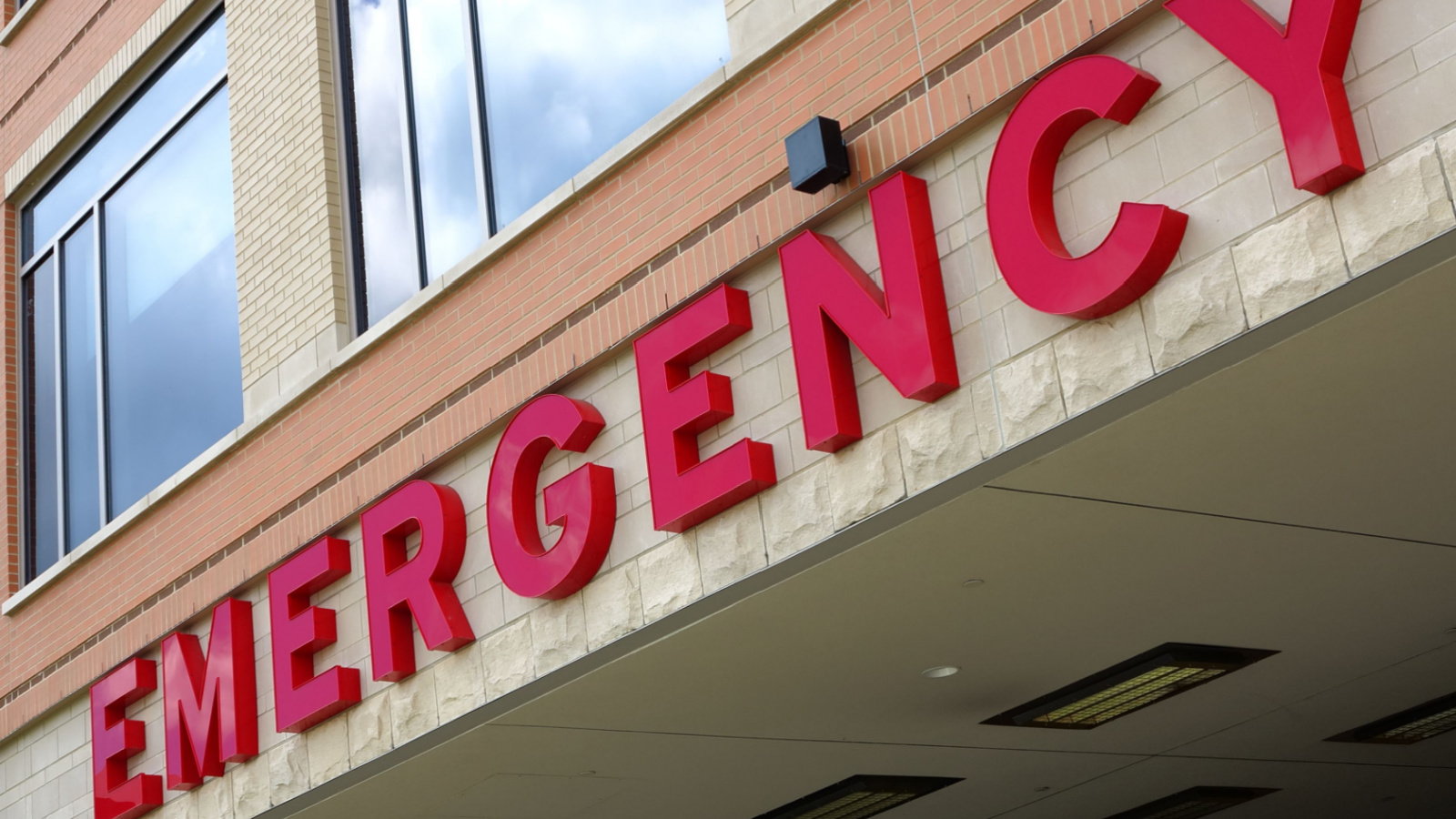Free Consultation
(314) 500-HURT100+ years of combined experience and over $200 million won for our clients in Missouri and Illinois. Contact a personal injury lawyer near you.
Free Consultation
(314) 500-HURT
One of the most important things to do in the aftermath of an accident is to make sure that you receive medical care for any injuries you sustain. One of the biggest mistakes you can make in a car accident case is not getting medical treatment soon after the crash.
Real injuries require real medical attention. With bone breaks, spinal cord injuries, head trauma, bleeding and acute neurological problems, it is obvious medical attention is necessary right away. But often, even if a person walks away from an accident they hurt a lot later.
If you are acutely injured after a crash, ask to be taken by an ambulance to a medical provider. If you are hurt but do not think it is bad enough for an ambulance, tell the other driver and the police officer you are injured but do not want an ambulance.
If this is an accident where you think you are fine, and you walk/drive away but have pain later, get immediate medical attention. Very often, we encounter people who deny or refuse medical attention at the scene of the accident, but hours later or the next morning they are in severe pain. If that occurs, do not worry that you did not get medical attention at the scene.
Rather, go to an emergency room; call your primary care physician and get treatment; go to an urgent care; or go to a local chiropractor versed in acute auto care.
Assess your level of pain and symptoms you are experiencing and make the best decision you can about seeking appropriate care. Very often your primary care physician knows you and can adequately handle your claim.
Urgent care facilities now provide rapid, quality care and can quickly see you for an evaluation, x-rays and prescriptions. If you are in acute pain or none of those options are available, go to an emergency room.
Many times, physicians at all of these types of locations will order x-rays, prescribe an anti-inflammatory, and recommend follow up treatment if the symptoms persist. Sometimes they will prescribe a pain reliever or a muscle
relaxer.
When you get medical care, provide a clear concise history of the accident: “I was rear ended and thrown around in the car,” “the other driver ran a red light and hit the side of my car” or “the truck swerved into my lane and hit the front passenger side of my car which made my car spin.”
Tell them the symptoms you had and when they started, i.e. right after the wreck. Make sure you advise the doctor of all your symptoms. The broken leg may be really hurting, but the sore neck and numbness in the arm is important too – and may be a more serious injury. Advise how the pain changed and how it may get worse and better with activity.
Explain what you can and cannot do because of the injury.
Fill all prescriptions and get the necessary medication you need to get better. Then, after your first visit, follow up with additional medical care if you need it. If your primary care doctor or another physician orders you to go have physical therapy, do it.
If they are unsure about recommending a physical therapist or a chiropractor, rest assured that chiropractic physicians are capable medical professionals and have many have unique abilities to treat people after car accident crashes — do not be afraid to use them.
Continue to consult with your primary care physician about the course of your medical treatment. If your care is not being monitored by a primary care physician, or an internist, consult with the chiropractor or physical therapist about what you should do next.
If you are not getting relief from physical therapy, you may need to see an orthopedic or neurologist or other specialist. If you are not getting relief from chiropractic care, you may need an MRI or other type of test to see if there are soft tissue problems.
Many times car accidents cause injuries to the intervertebral discs between our spine vertebrae. This can occur in the neck, mid or low back areas. MRI and CT scans detect these injuries well. Many times orthopedic surgeons will follow up care and treat a person conservatively.
They may order strengthening exercises and other things to try to ameliorate the symptoms from a soft tissue and/or herniated disc injury. Sometimes an injection or other intervention by a pain specialist is necessary to control the pain. Surgery is usually the last option when the pain is unbearable or life activities need to be resumed.
Many people get permanent relief from constant pain with surgery. This can be life changing and can enable folks to go back to work and enjoy life again. Most people need to work and take care of their families, and unfortunately sometimes surgeries are only a last resort to assist to their return to normalcy.
Often, you are not 100% after you receive treatment and may have a residual disability or disfigurement. Any treatment can only last until you are at your maximum medical improvement. But people have lasting symptoms — pain, lack of mobility, loss of function, lack of ability to do things, incapacity to work at full potential, and other disabilities. These are part of damages.
Car accidents are awful, but it’s important to be prepared with knowledge. Fortunately, we’ve literally written the book on how to handle a car crash!
Tell ya what, let me give you a copy
Founder | Injury Attorney
Gary Burger has dedicated his career to standing up against bullies. The founder and principal attorney of Burger Law | St. Louis Personal Injury Lawyer has helped hundreds of Missouri and Illinois individuals and families recover th …
Years of experience: 30 years
Location: St. Louis, MO

Similar Blog Posts

A car accident doesn’t just leave physical injuries—it can also take a serious toll on your mental health. Many people experience anxiety after a car accident, struggling with ... read more.

A drunk driving accident in Missouri? That's a life-shaking event, leaving you with pain and financial worries. You're probably wondering about settlement amounts – what is the a... read more.

Every parent prioritizes keeping their child safe on Missouri roads. At Burger Law, we understand that knowing exactly which booster seat is appropriate and navigating local laws c... read more.

This page has been written, edited, and reviewed by a team of legal writers following our comprehensive editorial guidelines. This page was approved by Founding Partner, Gary Burger who has more than 30 years of legal experience as a practicing personal injury trial attorney. Gary’s robust legal knowledge is recognized by his peers as demonstrated by his industry awards and frequent Continuing Legal Education (CLE) lectures.
NO FEES UNTIL WE WIN YOUR CASE
We offer free consultations and are available 24/7 to take your call. Live chat, text, and virtual meetings are available.
or call us at